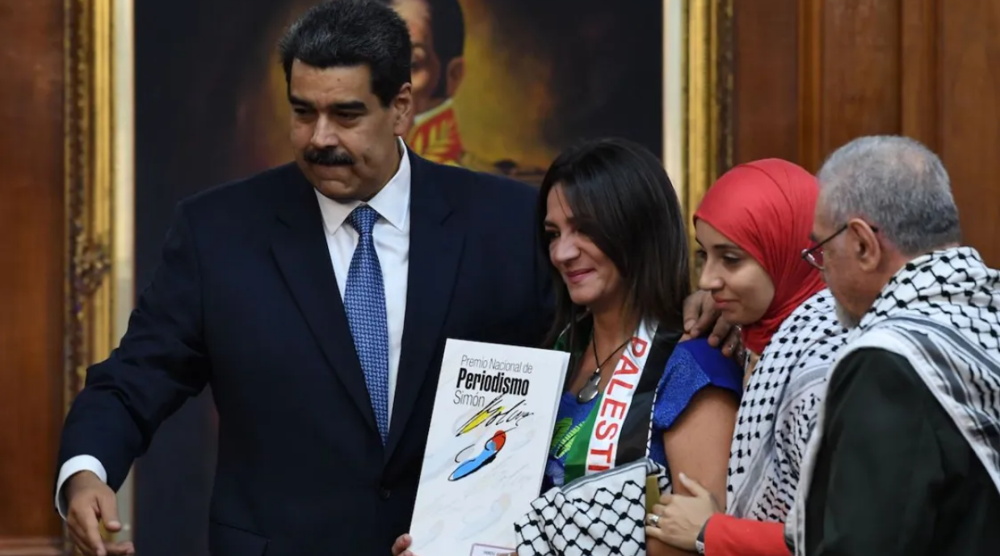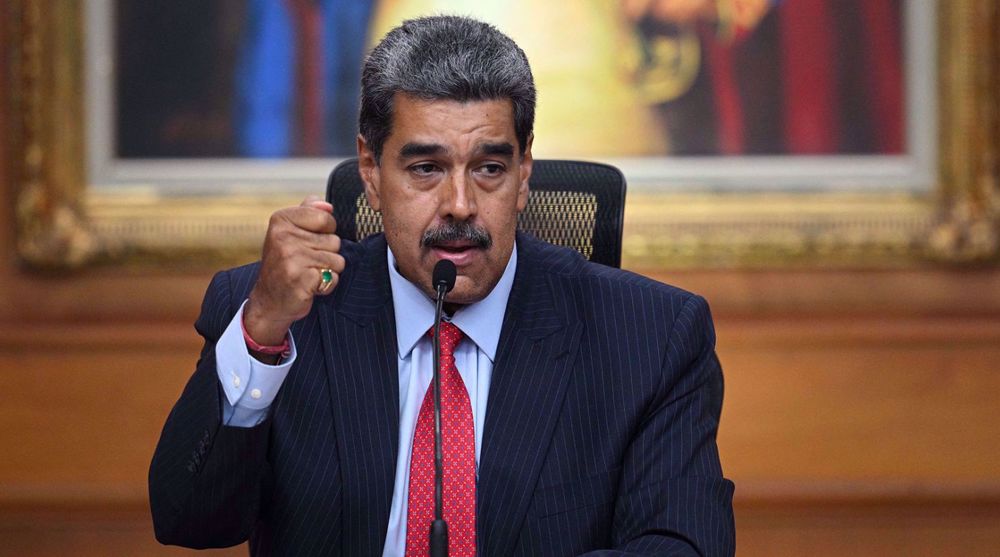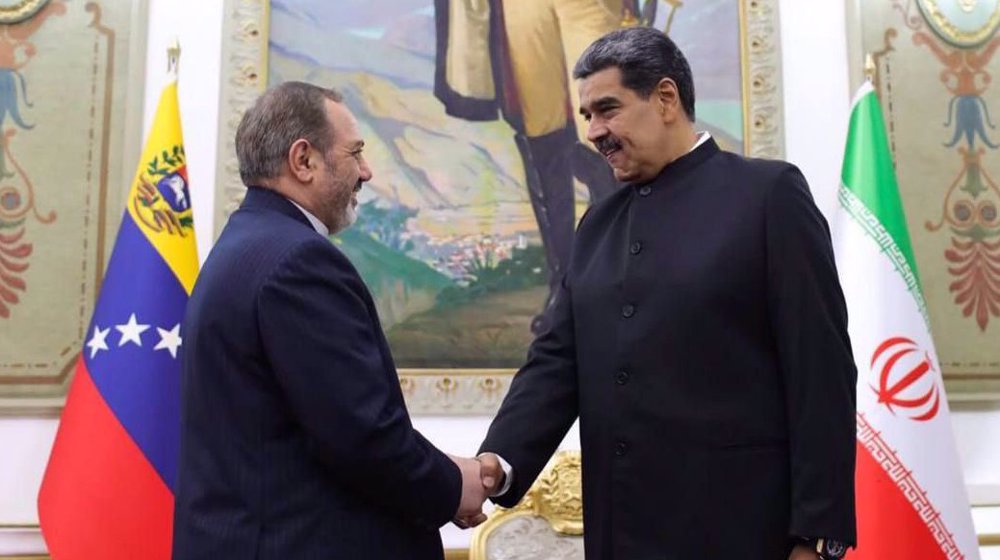Venezuelan govt., opposition resume tense talks to resolve crisis
The Venezuelan government and its opposition rivals have resumed tense, Vatican-backed talks to resolve the stalemate over dealing with the country’s economic crisis and food shortages.
The discussions on Friday, mediated by the Vatican envoy, Monsignor Claudio Maria Celli, and Spain's former premier, Jose Luis Rodriguez Zapatero, are expected to determine whether the rival sides will sustain their delicate dialogue or political hostilities will resume in the oil-rich Latin American country.
The development came as President Nicolas Maduro announced prior to the talks that he had done his best to reach a settlement with opposition leaders, who have sought to oust him from power for months.
"I have done everything, both possible and impossible, for there to be peace talks with the right, without ultimatums and without bullying," Maduro declared as quoted in an AFP report.
The two sides announced a "truce" at their first meeting 11 days ago and agreed to resume discussions on Friday. The prospect, however, appears challenging.

This is while the opposition MUD coalition leader, Jesus Torrealba, warned that his side would seek early polls if the president keeps refusing to hold a referendum.
"The MUD is seeking an electoral solution to this crisis through the negotiating table," Torrealba said as cited in the report.
He added, "Venezuela is a pressure cooker. The recall vote was an escape valve, and the government sealed it up."
The MUD has further demanded the release of its imprisoned members and called for the opening of a humanitarian corridor to bring urgent food and medicine supplies into the country.
President Maduro, however, has vowed not to bow to pressure and ultimatums, announcing that the government would offer a plan on Friday for ending the crisis.
He further called on the MUD not to leave the talks, saying in a radio address that "I want them to stay seated in the dialogue that is beginning. They must have patience."
Under constitutional rules, the opposition must secure a referendum before January 10 if it wants to remove Maduro. Otherwise he will maintain power until 2019.
The crash of oil prices in 2014 triggered an economic crisis in Venezuela, leading to severe shortages of basic supplies and soaring inflation.
While the opposition blames Maduro's economic management for the food shortages, he has described the crisis a US-backed capitalist conspiracy.
Qassam Brigades claims killing 3 Israeli troops in northern Gaza
More alive than ever: Sayyed Hassan Nasrallah's legacy grows stronger in martyrdom
Occupation of Syria’s highest peak Mount Hermon part of ‘Greater Israel’ project
Iran: Syrian people will decide their future without foreign interference
IRGC says Iran’s power exceeds borders, warns enemies to adjust themselves
Dozens detained, several wounded in Israeli raids in West Bank
‘Ethnic cleansing’: Hamas blasts Israeli attacks on Gaza hospital amid intl. silence
Saudi delegation meets HTS leader at presidential palace in Damascus













 This makes it easy to access the Press TV website
This makes it easy to access the Press TV website